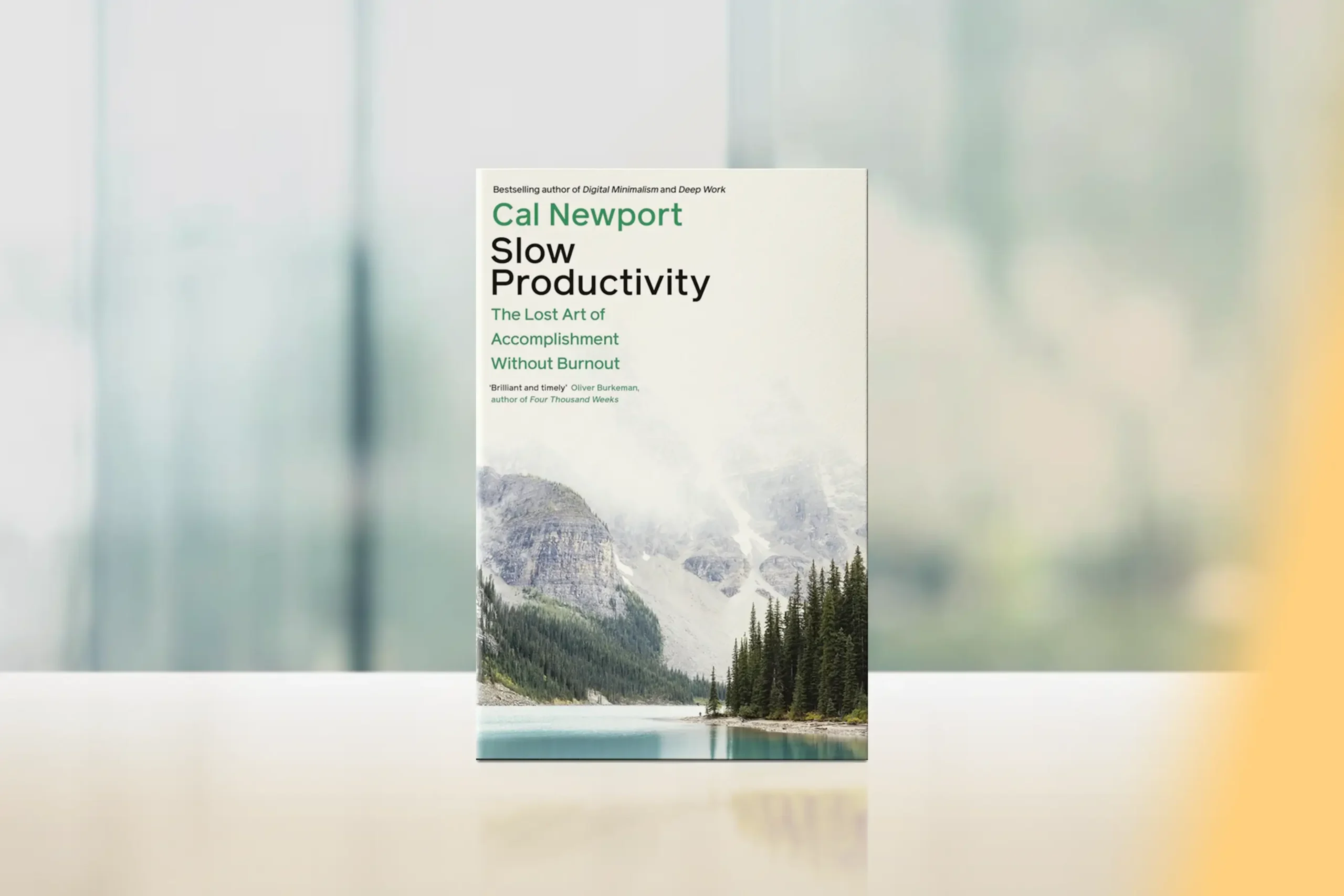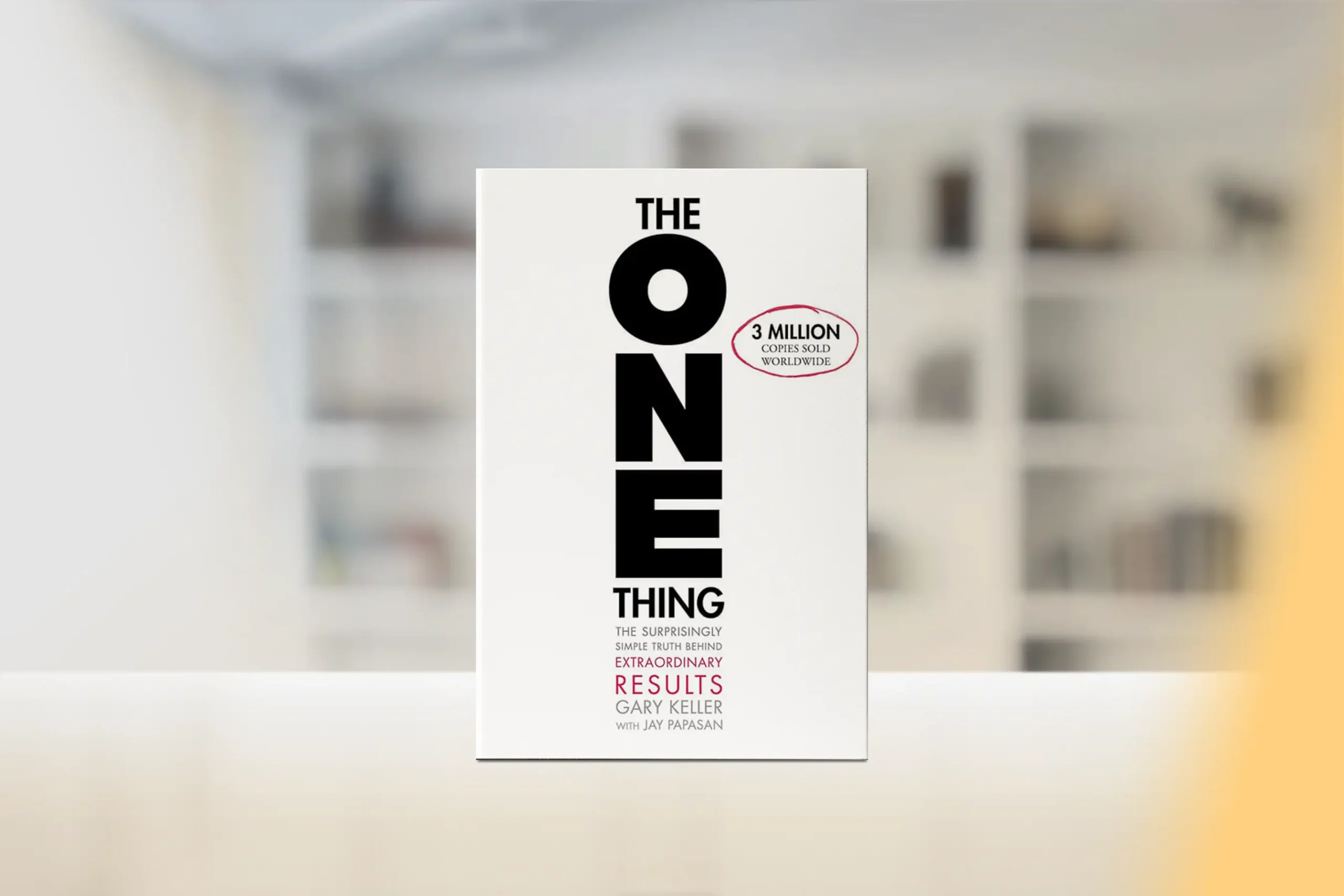What if your greatest career asset isn’t your current skill set, but your ability to reimagine and repurpose your past experiences? In today’s dynamic job market, the power to translate seemingly unrelated experience into valuable professional currency isn’t just useful—it’s essential.
Think about this: Studies show that the average person changes careers (not just jobs) 5-7 times in their lifetime. Yet many struggle to see how their past experience could possibly translate to a new field. The truth? Every professional experience you’ve had contains hidden superpowers waiting to be activated in a new context.
Whether you’re a teacher considering a move into corporate training, a retail manager exploring project management, or a military veteran entering the tech sector, your past experience holds more value than you might realize. In this article, we’ll explore how to uncover, translate, and leverage your unique professional superpowers to make a successful career transition.
1. Discovering Your Hidden Superpowers: The Experience Translation Framework
As highlighted in “Range: Why Generalists Triumph in a Specialized World“ by David Epstein, diverse experiences often create unique advantages in new contexts. The key is learning how to identify and translate these advantages effectively.
Core Experience Categories:
- Technical Skills
- Tools and technologies
- Processes and methodologies
- Industry-specific knowledge
- Transferable Skills
- Problem-solving approaches
- Communication styles
- Leadership methods
- Hidden Skills
- Pattern recognition
- Adaptability strategies
- Crisis management
Reflection Prompt: Think about your most challenging professional experience. What unexpected skills did you develop? How might these translate to your desired field?
2. The Skill Translation Matrix: Making Past Experience Relevant
For deeper insights into skill development, explore our article on “Experience Hacking: Creative Ways to Build Relevant Skills for Career Transitions.“
Translation Framework:
- Core Competency Analysis
- Identify fundamental skills
- Map universal applications
- Find industry parallels
- Context Shifting
- Reframe experiences
- Identify parallel scenarios
- Bridge industry gaps
- Value Proposition Development
- Craft compelling narratives
- Highlight unique perspectives
- Demonstrate adaptability
Challenge: Choose one major achievement from your current field. Spend 15 minutes reframing it in terms relevant to your target industry.
3. Building Your Experience Bridge: Connecting Past and Future
Drawing wisdom from “Designing Your Life“ by Bill Burnett and Dave Evans, successful career transitions require intentional bridges between past experiences and future opportunities.
Bridge-Building Strategies:
- Story Mapping
- Create experience narratives
- Identify transition points
- Highlight growth moments
- Skill Amplification
- Enhance relevant abilities
- Fill strategic gaps
- Build complementary skills
- Network Navigation
- Connect across industries
- Find mentors and guides
- Create learning opportunities
For more insights on career transitions, read our article on “Pathways to Passion: Diverse Stories of Successful Career Transitions.“
4. The Perspective Advantage: Leveraging Your Outsider’s View
Unique Advantages of Career Changers:
- Fresh perspectives on industry challenges
- Cross-pollination of ideas and approaches
- Innovation through diverse experience
- Ability to challenge status quo thinking
- Enhanced problem-solving through varied contexts
Reflection Exercise: Identify three industry challenges in your target field. How might your unique background offer fresh solutions?
5. Creating Your Career Change Portfolio
Your career change portfolio should showcase your experience translation in action.
Portfolio Components:
- Experience Translation Stories
- Key achievements reframed
- Problem-solving examples
- Leadership moments
- Skill Bridge Documentation
- Transferable skills evidence
- Learning journey highlights
- Adaptation examples
- Future Vision Assets
- Industry research insights
- Innovation possibilities
- Growth potential
Practical Application
Let’s activate your career change superpowers with this four-week action plan:
Week 1: Discovery
- Complete the Experience Translation Framework
- Map your core competencies
- Identify hidden skills
Week 2: Translation
- Build your Skill Translation Matrix
- Craft experience narratives
- Develop industry-specific examples
Week 3: Bridge Building
- Create your experience bridge plan
- Begin network development
- Identify learning opportunities
Week 4: Portfolio Development
- Compile your career change portfolio
- Refine your value proposition
- Practice your translation stories
24-Hour Challenge: Choose one significant achievement from your current role and create three different versions of the story, each highlighting different transferable skills relevant to your target industry.
Your Superpowers Await
As we conclude our exploration of career change superpowers, remember that your past experience isn’t a limitation—it’s your secret weapon. Every challenge you’ve overcome, every skill you’ve developed, and every insight you’ve gained can be transformed into valuable assets in your new field.
Consider this final reflection: How might your unique combination of experiences create opportunities that someone with a traditional background in your target field might miss? What innovative solutions could you bring to long-standing industry challenges?
Your career change journey begins with recognizing the power of your past experiences. By implementing these strategies, you’re not just changing careers—you’re unleashing your professional superpowers in a new context where they can make an even bigger impact.
Remember, the most innovative solutions often come from those who bring fresh perspectives to old problems. Your diverse experience isn’t just valuable—it’s your superpower. Take that first step today to activate it.





